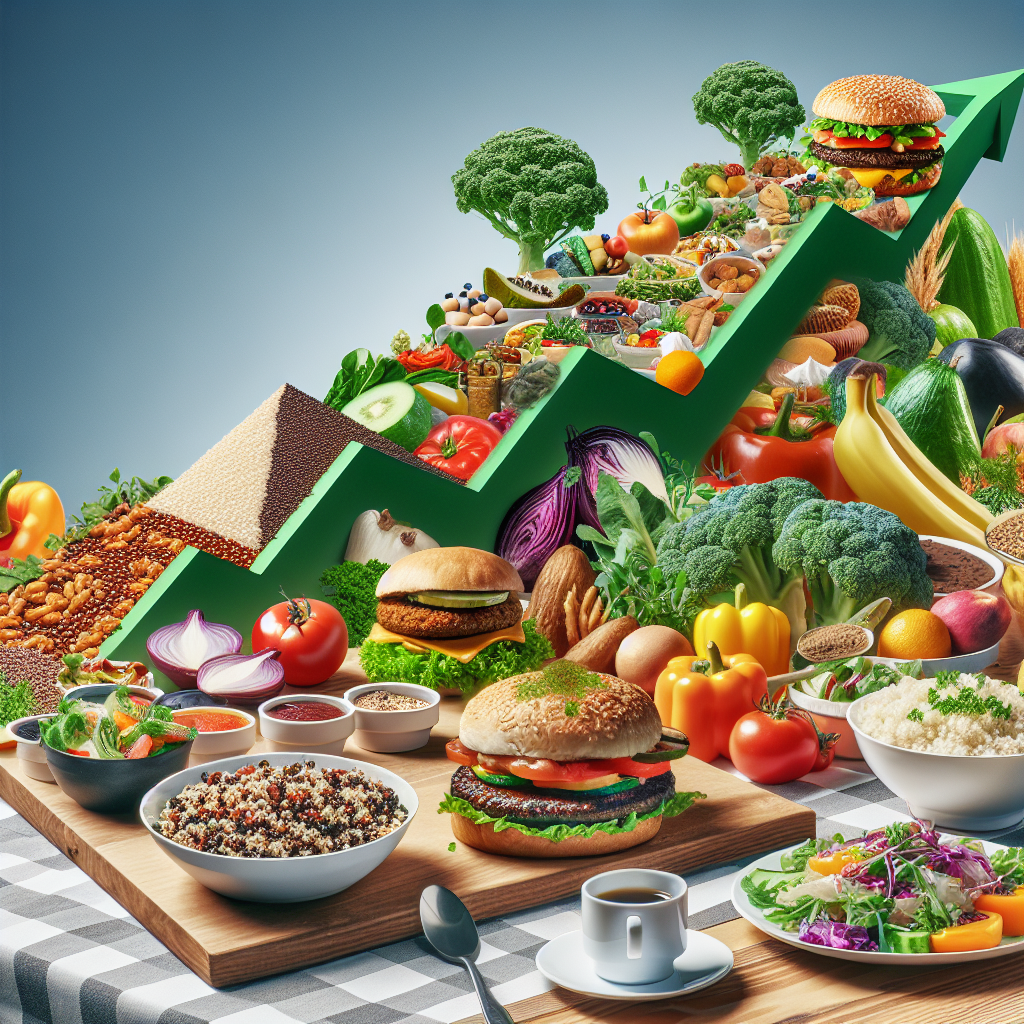In recent years, vegetarianism has transcended its status as a niche lifestyle choice to become a mainstream movement. A growing number of individuals around the globe are adopting plant-based diets, fueled by a myriad of motivations ranging from health concerns to environmental commitments. This article explores the factors driving the surge in vegetarianism and its implications for society, health, and the planet.
Health Consciousness
One of the most compelling reasons people opt for vegetarian diets is health. Numerous studies have highlighted the benefits of reducing meat intake, including lower risks of chronic diseases such as heart disease, diabetes, and certain cancers. Plant-based diets are often rich in vitamins, minerals, and fiber while being lower in saturated fats and cholesterol.
Additionally, many individuals report improved digestion, increased energy levels, and better weight management after shifting to a vegetarian lifestyle. With an abundance of resources available, from cookbooks to online communities, the transition has never been more accessible.
Environmental Impact
Another significant driver behind the rise of vegetarianism is environmental sustainability. The livestock industry is a major contributor to greenhouse gas emissions, deforestation, and water pollution. According to the United Nations, reducing meat consumption can mitigate climate change and preserve biodiversity.
Individuals concerned about the planet’s future are increasingly recognizing that plant-based diets are not only healthier for humans but also kinder to the Earth. Initiatives promoting "Meatless Mondays" and expanding vegetarian options in schools and workplaces are gaining traction, reflecting a collective awareness of the environmental stakes involved.
Ethical Considerations
Animal welfare has long played a crucial role in the movement toward vegetarianism. Concerns about factory farming, animal rights, and the ethical implications of meat consumption have led many to reconsider their dietary choices. Documentaries, literature, and social media have played pivotal roles in raising awareness about the harsh realities many animals face in industrial farming.
This ethical consciousness has prompted a cultural shift, with an increasing number of consumers seeking transparency regarding how their food is produced. Many are turning to vegetarianism not just as a dietary choice but as a moral imperative.
Culinary Innovations
The culinary world has also embraced the rise of vegetarianism. Gone are the days when meatless dishes were considered bland or uninspiring. Chefs and food innovators are creating a diverse array of dishes that cater to both vegetarians and flexitarians alike. Plant-based "meats," dairy alternatives, and innovative recipes make it easier for people to enjoy familiar flavors without animal products.
This evolution in gastronomy is enhanced by the growth of vegetarian-friendly restaurants, meal kits, and even fast-food options, making a plant-based lifestyle both accessible and appealing.
Social Movements and Advocacy
Vegetarianism has gained momentum through advocacy and social movements. Influencers, celebrities, and public figures openly discuss their plant-based choices, normalizing vegetarianism and inspiring their followers. Social media platforms have become effective tools for disseminating information about the benefits of plant-based diets, creating communities that empower individuals to make informed choices.
Additionally, global movements like "Veganuary," which encourages people to try a vegan diet for the month of January, have sparked widespread interest and participation, demonstrating how organized campaigns can have a meaningful impact.
The Future of Vegetarianism
As more people recognize the intertwined nature of health, environmental sustainability, and ethical considerations, the rise of vegetarianism is likely to continue. The challenge will be in addressing potential barriers, such as accessibility and cultural perceptions, to ensure that plant-based options are available to all.
Governments, businesses, and communities worldwide must collaborate to create supportive environments for those interested in making the switch. With the right resources and education, vegetarianism can become not only more widespread but also a fundamental component of global efforts to promote health and sustainability.
Conclusion
The rise of vegetarianism reflects profound changes in societal values, driven by health awareness, environmental considerations, ethical concerns, culinary creativity, and social advocacy. As more individuals embrace plant-based diets, the impact on personal health and the planet could be transformational. The shift toward vegetarianism is not merely a trend; it represents a movement toward a more compassionate and sustainable future for all.

